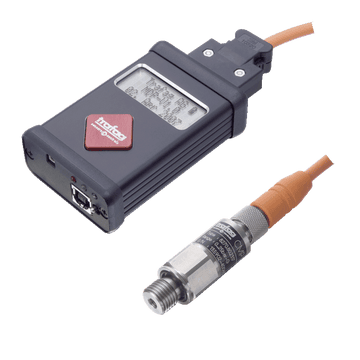Pressure transmitters, crucial for maintaining system safety, are indispensable instruments in various industries. They measure and monitor pressure within systems, converting these measurements into standardized electrical signals. This allows for accurate monitoring and control of processes, making them vital in manufacturing, oil and gas, pharmaceuticals, and aerospace.
At their core, pressure transmitters consist of a sensor that detects pressure changes and a transmitter that converts this data into an electrical signal. The sensor typically uses strain gauges or piezoelectric materials to measure pressure variations. These measurements are then processed and transmitted as voltage, current, or digital signals to control systems or monitoring equipment.
One of the key benefits of pressure transmitters is their ability to provide immediate, real-time data. This immediacy is crucial in applications where pressure fluctuations can impact system performance or safety. For instance, in the oil and gas industry, pressure transmitters monitor the pressure of fluids in pipelines, providing instant data to prevent leaks or bursts. Similarly, in the pharmaceutical industry, precise pressure measurement ensures the integrity of sterile processes and the safety of drug production.
Pressure transmitters come in various types to suit different applications. Transmitters of gauge pressure measure pressure in relation to atmospheric pressure. In contrast, absolute pressure transmitters measure pressure relative to a perfect vacuum. Differential pressure transmitters measure the difference between two pressure points, which is particularly useful in applications like filter monitoring or tank level measurement.
Another significant advantage of modern pressure transmitters is their adaptability to extreme conditions. Many are designed to operate in harsh environments, with robust construction to withstand high temperatures, corrosive environments, or high vibration. This versatility ensures reliable performance in a wide range of industrial settings.
Moreover, technological advancements have led to the development of smart pressure transmitters equipped with digital communication protocols. These transmitters can perform self-diagnostics, provide detailed data on system performance, and integrate seamlessly with advanced control systems for enhanced process management.
In summary, pressure transmitters are critical components in maintaining the efficiency and safety of several industrial processes. Their ability to deliver precise and real-time pressure measurements makes them essential tools for effective process control and monitoring. As technology continues to evolve, pressure transmitters will undoubtedly become even more integral to the advancement of industrial operations.



